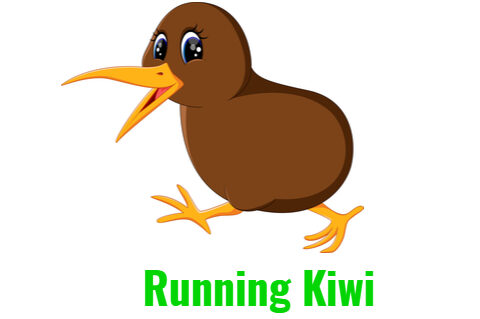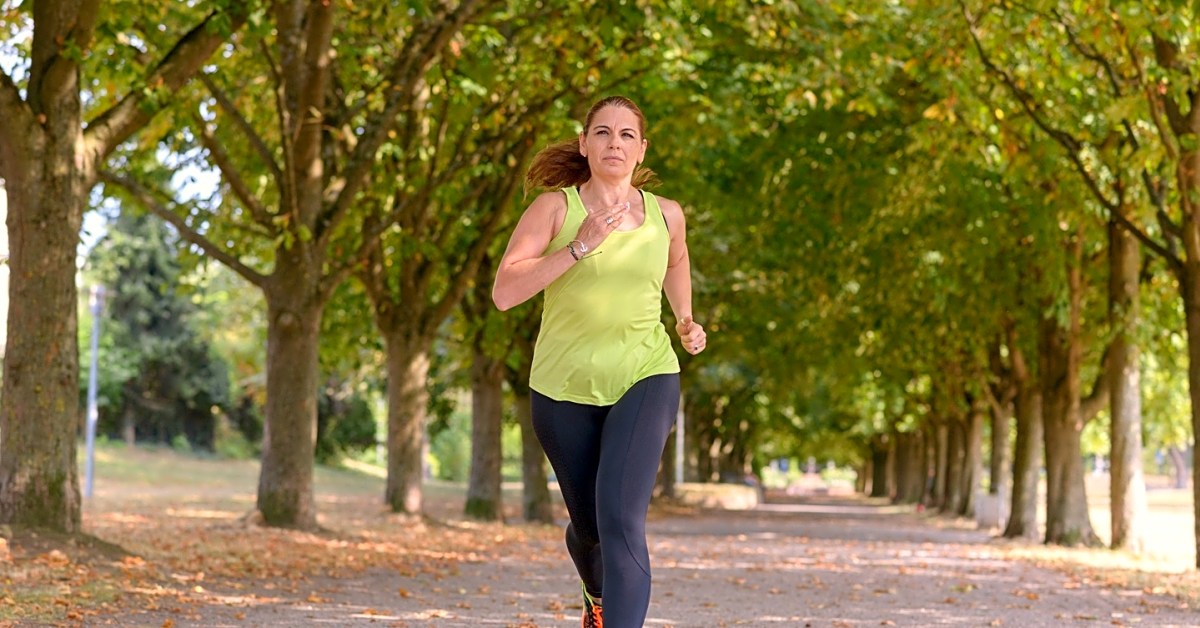When it comes to running, breathing is a crucial part of the process. It’s important to know whether to breathe through your nose or mouth to optimize your performance and avoid potential health risks. While some people may prefer one method over the other, there are benefits and drawbacks to both.
Breathing through your nose can help filter out impurities in the air, such as dust and allergens. It also helps regulate the amount of air you take in, which can prevent hyperventilation and help you maintain a steady pace. However, breathing through your nose can be difficult during intense exercise, as it limits the amount of oxygen you can take in at once.
On the other hand, breathing through your mouth allows for a greater intake of oxygen, which can help improve your endurance and performance. It can also help regulate your body temperature by allowing you to release heat through your breath. However, breathing through your mouth can also lead to dryness and irritation in your throat and mouth, and may increase your risk of inhaling impurities in the air.
The Importance of Breathing During Running
When it comes to running, proper breathing technique is crucial for optimal performance and endurance. Breathing through your nose or mouth can have a significant impact on your running experience. Here are a few reasons why:
- Oxygen intake: Your muscles require oxygen to produce energy during exercise. Breathing through your mouth allows you to take in more oxygen than breathing through your nose. This is because your mouth has a larger opening, allowing for more air to enter your lungs.
- Efficient breathing: Proper breathing technique can help you maintain a steady pace during your run. When you breathe through your nose, the air is filtered, warmed, and humidified before it enters your lungs. This can help prevent irritation and dryness in your airways, making it easier to breathe consistently throughout your run.
- Reduced fatigue: Breathing through your mouth can cause you to exhale too much carbon dioxide, leading to fatigue and shortness of breath. Breathing through your nose helps regulate your breathing and prevents you from exhaling too much carbon dioxide, reducing fatigue and allowing you to run longer.
While breathing through your nose can be beneficial, it may not be practical for everyone. If you find it difficult to breathe through your nose during high-intensity runs or if you have a medical condition that affects your nasal passages, breathing through your mouth may be a better option for you. Ultimately, the most important thing is to find a breathing technique that works best for you and helps you achieve your running goals.
Benefits of Breathing Through the Nose
While both nose and mouth breathing have their advantages, there are several benefits to breathing through the nose while running:
- Filters the air: The nose is equipped with tiny hairs called cilia that help filter out impurities and allergens, preventing them from entering the lungs. This can be especially helpful for runners who suffer from allergies or asthma.
- Warms and humidifies the air: As the air passes through the nasal passages, it is warmed and humidified, making it easier on the lungs and reducing the risk of irritation or inflammation.
- Improves oxygen uptake: Breathing through the nose can help regulate the amount of oxygen taken in with each breath, ensuring that the body is getting the oxygen it needs without overtaxing the lungs or heart.
- Reduces the risk of dehydration: When breathing through the mouth, the body loses more moisture, which can lead to dehydration. Breathing through the nose can help retain more moisture in the body, reducing the risk of dehydration during a run.
While it may take some practice to get used to breathing through the nose while running, the benefits can be well worth the effort. If you find it difficult to breathe through your nose, try starting with shorter runs and gradually working your way up to longer distances.
Benefits of Breathing Through the Mouth
While breathing through the nose is generally preferred, there are some benefits to breathing through the mouth while running.
Firstly, mouth breathing allows for a greater volume of air to be taken in with each breath. This can be especially beneficial during intense exercise when the body requires more oxygen. Breathing through the mouth allows for a larger amount of air to be taken in quickly, helping to meet the body’s oxygen demands.
Additionally, breathing through the mouth can help to regulate body temperature. When we breathe through our noses, the air is warmed and humidified before entering the lungs. This can be helpful in cold weather, but during exercise, it can cause the body to overheat. Breathing through the mouth allows for cooler air to enter the lungs, helping to regulate body temperature.
Finally, breathing through the mouth can be helpful for individuals with certain medical conditions, such as nasal congestion or deviated septum. These conditions can make it difficult to breathe through the nose, and mouth breathing can be a helpful alternative.
While mouth breathing can have its benefits, it is important to note that it should not be the primary method of breathing during exercise. Breathing through the nose helps to filter and humidify the air, and can help to prevent dehydration and other respiratory issues. However, in certain situations, such as during intense exercise or for individuals with certain medical conditions, breathing through the mouth can be a helpful alternative.
Factors to Consider When Deciding How to Breathe While Running
When it comes to running, breathing is an essential part of the process. But is it better to breathe through your nose or mouth while running? The answer is not straightforward, as it depends on several factors that can vary from person to person. Here are some factors to consider when deciding how to breathe while running:
- Personal preference: Some runners prefer breathing through their nose, while others prefer breathing through their mouth. It’s important to find what works best for you and stick with it.
- Intensity of exercise: If you’re running at a high intensity, you may need to breathe through your mouth to get enough oxygen into your lungs. On the other hand, if you’re running at a low intensity, breathing through your nose may be sufficient.
- Weather conditions: If you’re running in cold weather, breathing through your nose can help warm the air before it enters your lungs. However, if you’re running in hot and humid conditions, breathing through your mouth may be more comfortable.
- Health conditions: If you have any respiratory issues or allergies, you may need to consult with a doctor to determine the best way to breathe while running.
Ultimately, the best way to breathe while running is the way that feels most comfortable and effective for you. Experiment with different breathing techniques to find what works best, and don’t be afraid to make adjustments as needed.
Conclusion
While there are some benefits to both breathing through the nose and breathing through the mouth when running, there is no clear winner. It ultimately depends on the individual and their specific needs and preferences.
For those who have trouble breathing through their nose or have nasal congestion, breathing through the mouth may be the better option. Mouth breathing can help increase oxygen intake and reduce the risk of hyperventilation.
On the other hand, breathing through the nose can help filter out impurities and regulate the amount of air that is taken in. It can also help prevent dryness in the throat and mouth.
Ultimately, the best approach is to experiment with both methods and see what works best for you. Pay attention to how your body feels and adjust accordingly. Remember to breathe deeply and consistently, and stay hydrated to ensure optimal performance and health during your runs.




